General information
Location : Nantes
Erasmus exchange possible with Freie Universität, Berlin for M2
Language: 100% English
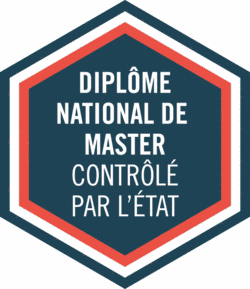
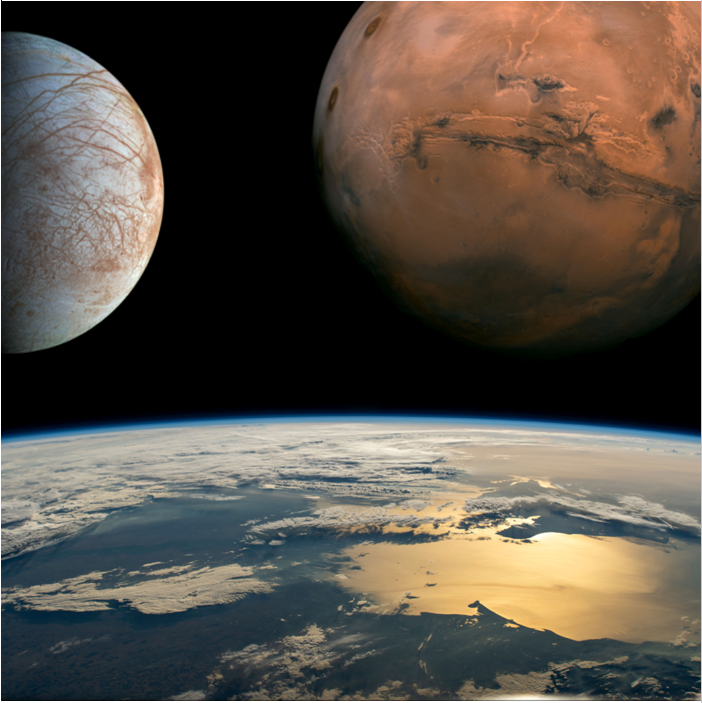
Through our multidisciplinary approach, which draws on the latest knowledge in geosciences and planetary sciences, you will acquire cutting-edge knowledge and develop research skills from the Master's level onwards:
- Working in an international collaborative environment
- Analysing and interpreting multidisciplinary data using advanced techniques and digital tools.
- Communicating the latest advances in the field in a concise, academic manner.
Mastering these advanced techniques will give you a range of opportunities to pursue a career in academic or private entities linked to the geosciences and space exploration.

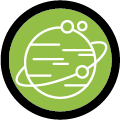 h and Planetary Sciences (EPS) programme has been awarded the Graduate Programme (GP) label by Nantes Université. This accreditation confirms that the programme draws on the research skills of internationally recognised laboratories and trains students in the scientific approach and cutting-edge technologies. The skills acquired in accredited Masters programmes will enable you to successfully enter the world of business as an engineer, consultant or project manager in the R&D departments of major companies or in innovative SMEs. If you are interested in pursuing a PhD programme, this Master's degree also offers you the best possible preparation, as the Master's teaching team is also responsible for organising doctorates in this field,into the Graduate school 3MG.
h and Planetary Sciences (EPS) programme has been awarded the Graduate Programme (GP) label by Nantes Université. This accreditation confirms that the programme draws on the research skills of internationally recognised laboratories and trains students in the scientific approach and cutting-edge technologies. The skills acquired in accredited Masters programmes will enable you to successfully enter the world of business as an engineer, consultant or project manager in the R&D departments of major companies or in innovative SMEs. If you are interested in pursuing a PhD programme, this Master's degree also offers you the best possible preparation, as the Master's teaching team is also responsible for organising doctorates in this field,into the Graduate school 3MG.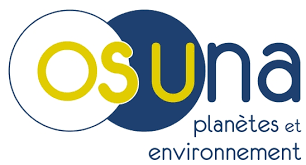
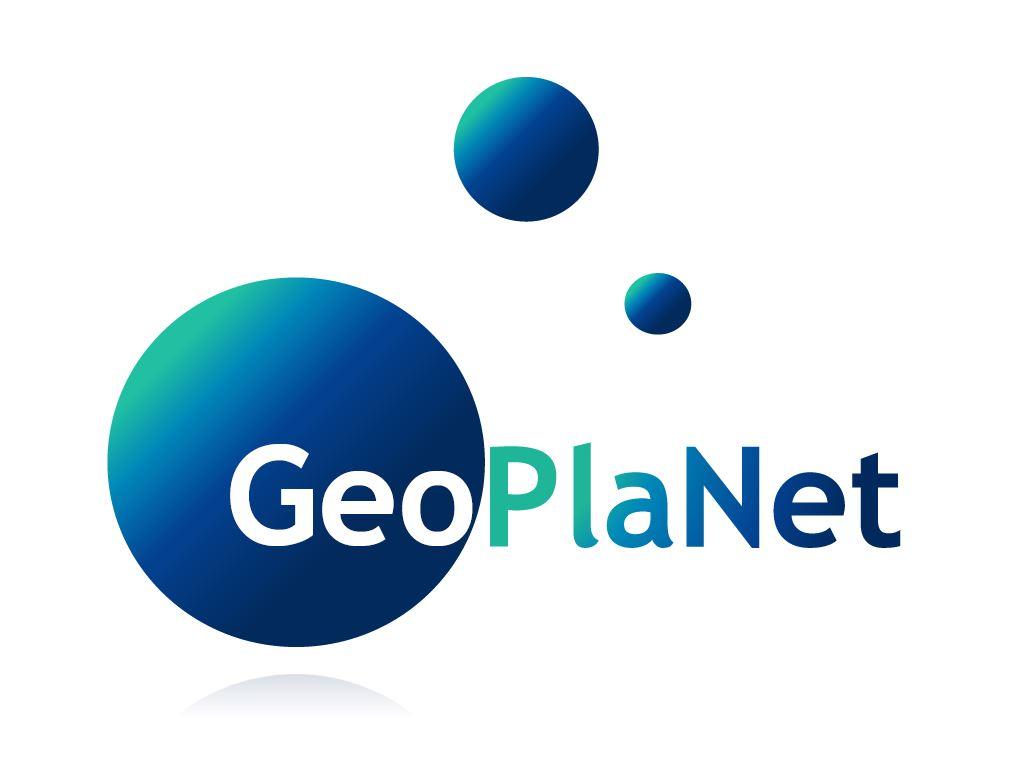
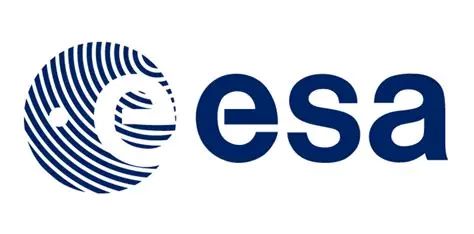
Nantes
Financial facilities:
The French government covers a large part of the cost of higher education at university. While a year of university study costs an average of around €10,500 per year, the tuition fees payable by the student are €254 for a year of a Master's degree and €397 for a year of a PhD, to which must be added a student life contribution of around €100. Exchange students are exempt from paying tuition fees.
International students are given priority for a room or studio in a student residence during their first year of study. The cost of accommodation varies from €260 for a room to €370 for a studio.
The programme also offers a Welcome grant of €1,500 to the best foreign students and funds internships abroad.
Internships in France are paid at a rate of around €600 per month, giving a total stipend of around :
- 1200€ to 2400€ depending on the length of the Master 1 placement
- 2400€ to 3600€ depending on the length of the Master 2 placement
To find out about the cost of living in France and estimate your budget, please see the page on Financing your studies on our website.
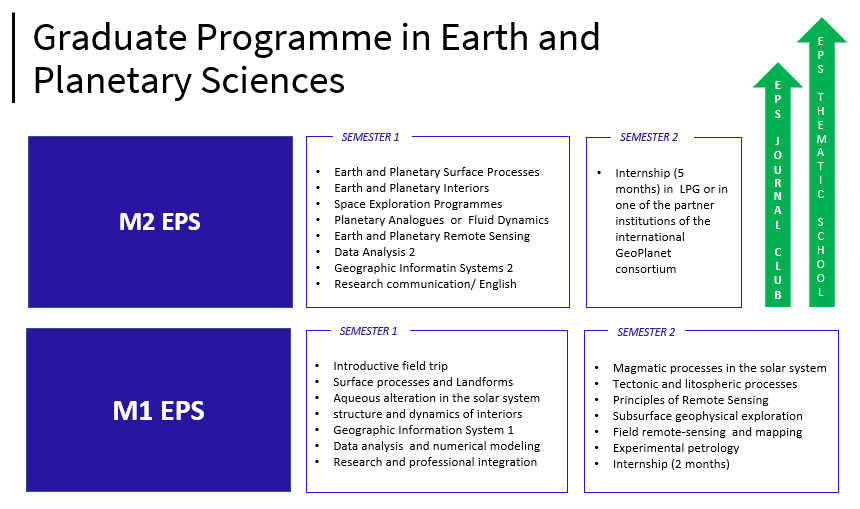
|
|
|
|
Nearly half of the Master's students go on to study for a PhD, while the other half enter the job market directly in the R&D departments of large organisations or in research consultancies. They occupy positions such as :
After studying for a doctorate, they can also go on to positions such as :